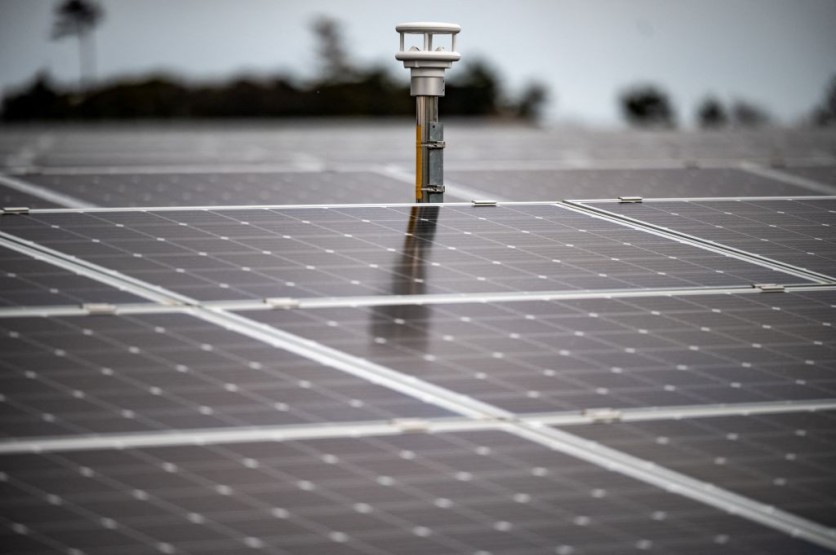Japan is reportedly allocating 30.6 billion yen ($205 million) to support electric aircraft systems. Reuters reported that the government aimed to support the development of electric aircraft components to reduce carbon dioxide (CO2) emissions.
According to Nikkei, the government set aside 13.3 billion yen ($89.1 million) to develop fuel-efficient engine control systems and 17.3 billion yen ($115.9 million) to create hydrogen fuel cell systems for aircraft.
Nikkei reported that the trade ministry's funding plan will be presented at an upcoming meeting of a working group of the ministry's council as Airbus works on developing new aircraft powered by hydrogen with the aim of entering commercial service in 2035.
For the aid initiative, the ministry will reportedly start looking for participants this year, including aerospace, battery, and auto industries. The government reportedly wants prototype testing to commence in 2030, with research to start in 2024.
According to Nikkei, in a worldwide supply chain for aircraft fueled by hydrogen, the ministry sees a place for Japanese aerospace suppliers.
The same report also stated that for the Boeing 787, approximately 35% of the airframe and 15% of the engine components came from Japanese sources. Japan also reportedly wants to take the lead in developing international standards for fuel cell systems for aviation.

Japan's Green Innovation Fund
The Green Innovation Fund, supervised by the ministry's New Energy and Industrial Technology Development Organization (NEDO) under the project name "Green Growth Strategy through Achieving Carbon Neutrality in 2050," will provide Japan with financial support for developing hydrogen-powered aircraft.
Japan's NEDO announced in March 2021 a slew of different projects for Japan's Green Innovation Fund, reportedly focusing on "14 promising areas," which aim to "demonstrate future growth" with an initial fund of 2 trillion yen ($13 billion) during its launch.
The projects are also set with supplementary budgets to be added in the coming years. Japan's recent efforts to be carbon neutral by 2050 were announced last October 2020, targeting to "reduce overall greenhouse gas emissions to zero."
BNN described Japan's recent initiative as a "precedent for other nations to follow" and a clear effort against "climate change and promote sustainable practices."
Current Global Efforts
Nikkei reported that other countries are also developing clean-burning hydrogen-powered aircraft as well in an effort to reduce aviation's carbon dioxide emissions. In the United States and Europe, fuel cell aircraft have reportedly previously undergone flight tests.
In February, Japan partnered with the United Nations Development Programme for a $36.8 million project to support four Pacific island nations with a "Green Transformation" of their economies that will reduce their reliance on fossil fuels.
Through the project, Papua New Guinea, Samoa, Timor-Leste, and Vanuatu will have more efficient management of natural resources, see more investments in clean energy, and strengthen coping capacity in the face of extreme weather events related to climate change.
Member states of the International Civil Aviation Organization (ICAO) have already set an identical objective of net-zero carbon dioxide (CO2) emissions from aviation by 2050.
According to reports, the International Energy Agency data claims that domestic and international aviation produced over 700 million tonnes of CO2 in 2021, accounting for nearly 2% of all CO2 emissions from energy generation and industrial operations globally.
Related Article : Outdated US Electrical Grid Faces Challenges Amid Rising Demand for Renewable Energy





